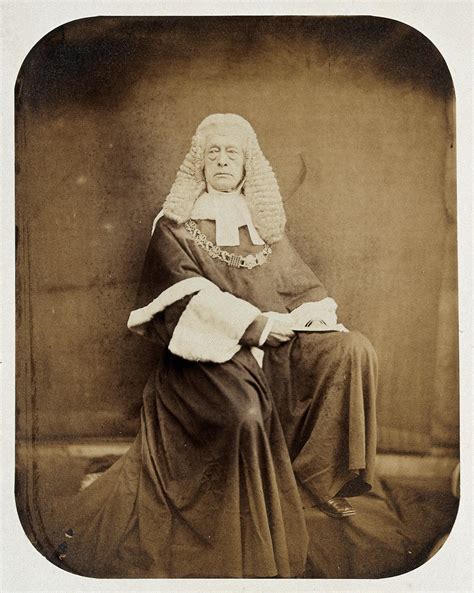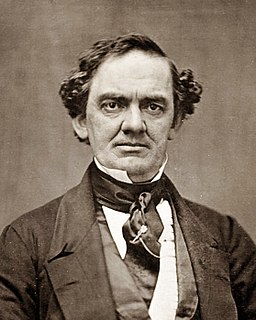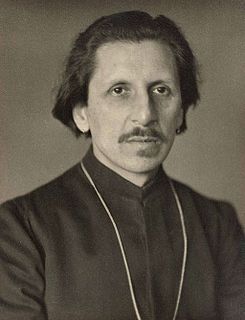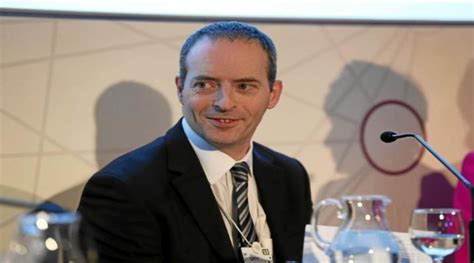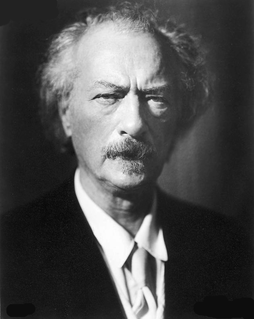A Quote by Frederick Pollock
The lawyer has not reached the height of his vocation who does not find therein... scope for a peculiar but genuine artistic function.
Related Quotes
Every young man should aim at independence and should prepare himself for a vocation; above all, he should so manage his life that the steps of his progress are taken without improper aids; that he calls no one master, that he does not win or deserve the reputation of being a tool of others, and that if called to public service he may assume its duties with the satisfaction of knowing that he is free to rise to the height of his opportunity.
Each man had only one genuine vocation - to find the way to himself....His task was to discover his own destiny - not an arbitrary one - and to live it out wholly and resolutely within himself. Everything else was only a would-be existence, an attempt at evasion, a flight back to the ideals of the masses, conformity and fear of one's own inwardness.
Finally, this is one way to reconcile the delight in beauty with the bourgeois life. Aschenbach, on one reading, has spent virtually all of his adult life balancing his restrained homosexuality, which is bound together with his sensitivity to beauty and thus with his artistic vocation, against the demands of conventional society.
You need not see what someone is doing to know if it is his vocation, you have only to watch his eyes: a cook mixing a sauce, a surgeon making a primary incision, a clerk completing a bill of lading wear the same rapt expression, forgetting themselves in a function. How beautiful it is, that eye-on-the-obje ct look.
